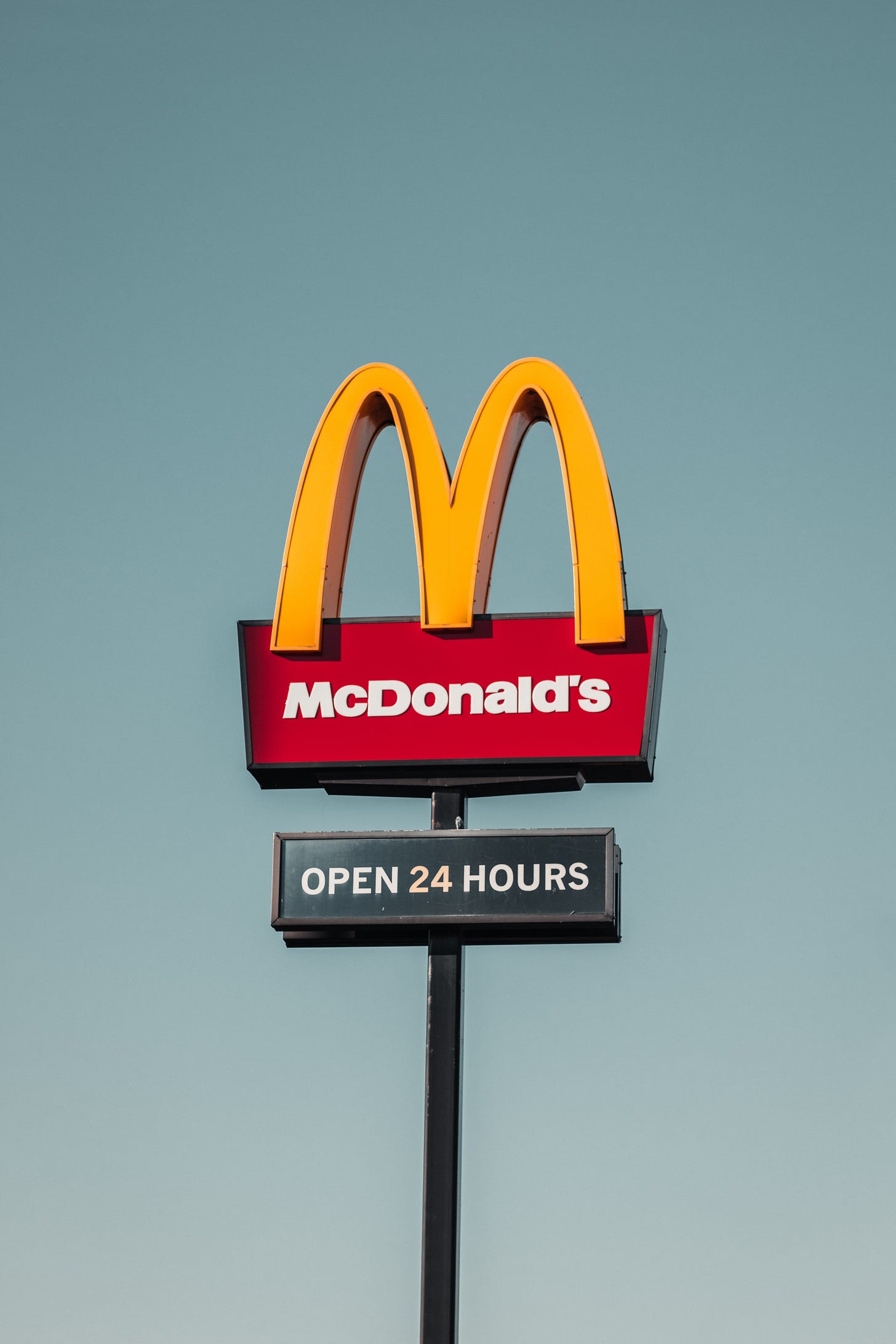McDonalds, Marines, and making history
The ideas of single individual can inspire major change in the world.
In 1960, Lou Groen had a problem. Lou had purchased a McDonald’s franchise in Cincinnati, Ohio, and on one of the most important days of the week for sales, Friday, he was losing money.
For most restaurants, the weekend, which starts on Friday night, are the most important for hitting sales numbers. Lou Groen was not making money; his sales were plummeting.
As Groen looked across the street, he saw that Bob’s Big Boy was thriving. When he went inside, sat down at a table and noticed that all the customers were eating fish sandwiches.
In the 1960’s, 87% of Cincinnati was Catholics. And Catholics would not eat meat on Fridays during Lent (the 40 days before Easter). He realized that if he were going to keep his business afloat, he was going to have to come up with an alternative from their all-beef menu.
Lou Groen proposed to Ray Kroc that they put a fish sandwich on the menu. According to his book, Griding it Out, Ray Kroc recommended a meatless “Hulu burger” with pineapple and cheese.
They had bet: whatever sold better one Friday in Cincinnati would go on their menu nationwide. As we know, the fish sandwich outsold the Hulu burger by a significant margin. Putting the Filet O’Fish on McDonald’s menu nationwide.
Sixty years later, the Filet O’Fish sells more than 300 million sandwiches per year. That is over $1 billion annually. All because of an innovation that came from the local level.
(As someone who has had the waft of hundreds of Filet O’Fish sandwiches permeate my car many Fridays, I’m grateful that Ray Kroc lost that bet).
This concept is not unique to McDonalds. In 1998, the United States Marines published a report entitled: “The Squad Leader Makes the Difference” (a brilliant publication that I would recommend everyone read).
Our brains wrongly give all the credit to the Generals: the Eisenhower’s, the Patton’s. But the Marines analyzed dozens of examples of Sergeant and Corporals that changed the trajectory of wars.
The lessons of this report, “illustrates how bold, imaginative squad leaders impact the outcome of a battle or campaign[and] were able to change the course of history.”
The theme of all of these stories are the same: it is the individuals throughout the Marines (not decisions from commanders) that win battles and ultimately wars.
Every day we have the opportunity to wait for someone else to tell us what to do, or we can take charge of the situation and solve the problem.
The exciting part is we could come up with the next billion-dollar idea. Or we could help change the lives of millions of people. Or maybe just have your wife be less frustrated at you because instead of taking out the garbage, you started another bag of trash next to the garbage can (not that I can relate to that one).
That's to say, we control our own destiny.
Matt



